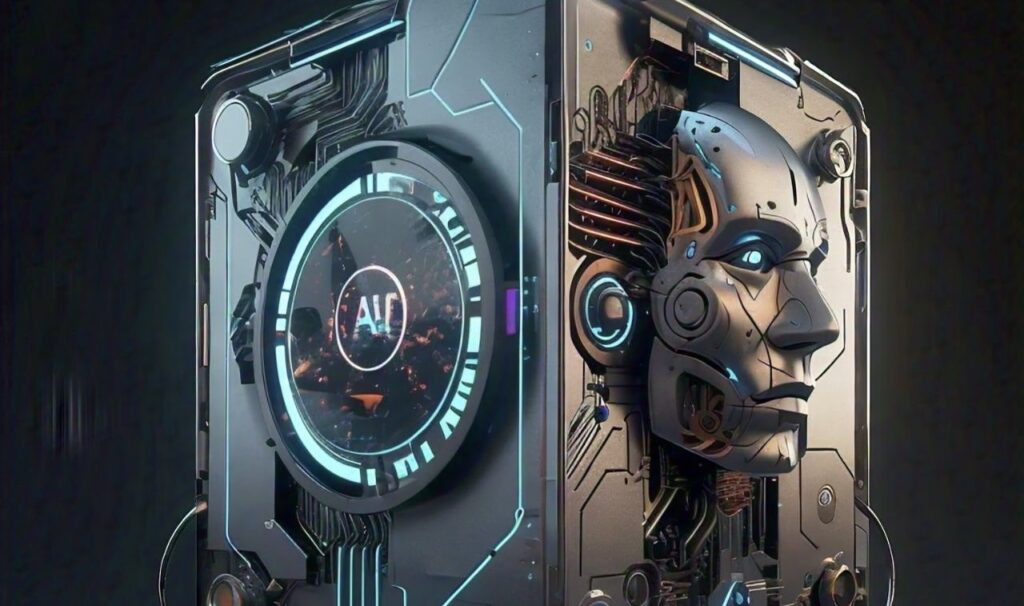The tech industry’s relentless pursuit of human-level AI is nearing a critical juncture. According to Sequoia Capital, one of the most influential venture capital firms, the industry needs to generate around $600 billion in profit before current expenditures start to make financial sense. This stark warning underscores the high stakes involved and the urgent need for significant advancements in AI technology.
Sequoia Capital’s Bold Prediction on Human-Level AI
Sequoia Capital’s assertion is rooted in the vast amounts of money currently being poured into AI research and development. “The tech sector has invested heavily in AI, with the expectation that human-level AI will be the breakthrough that justifies these costs,” said Sequoia Capital’s partner, Alfred Lin. “However, without substantial progress soon, these investments could lead to a financial reckoning.”
The venture capital firm has a vested interest in AI development, having funded numerous startups in the field. Their forecast of a $600 billion profit threshold reflects both the enormous potential of human-level AI and the massive costs associated with its development.
The High Stakes of AI Development
The race to achieve human-level AI—an intelligence that can perform any intellectual task a human can—has been a driving force behind many of the tech sector’s most ambitious projects. Companies like Google, Facebook, and Amazon have dedicated substantial resources to this goal, believing that the payoff will revolutionise the healthcare and finance industries.
However, the financial burden of these efforts is becoming increasingly apparent. Tech giants have collectively spent billions on AI research, infrastructure, and talent acquisition. The financial repercussions could be severe if these investments do not lead to significant breakthroughs.
Financial Implications for Big Tech
The financial strain of continued human-level AI investment without commensurate returns could lead to a reevaluation of priorities within the tech sector. “Investors and companies alike are beginning to question the sustainability of such high expenditures without clear timelines for return on investment,” said Lin.
The potential for human-level AI to transform various sectors is undeniable. For instance, in healthcare, AI could lead to more accurate diagnoses and personalised treatments. In finance, it could enable more sophisticated risk management and trading strategies. However, the road to these applications is fraught with technical challenges and uncertainties.

Impact of Human-Level AI on Cryptocurrency Markets
The pursuit of human-level AI also intersects with the world of cryptocurrency. AI-driven algorithms are already being used to predict market trends and optimise trading strategies for Bitcoin (BTC) and Ethereum (ETH). A breakthrough in AI could significantly enhance these capabilities, potentially leading to more stable and efficient markets.
Conversely, if AI development stalls, it could dampen investor enthusiasm in the crypto space. As noted in a recent crypto update, the integration of AI in cryptocurrency trading is seen as a key driver of future growth. “The synergy between AI and crypto is expected to unlock new levels of market efficiency,” said the report. “However, this potential is contingent on continued advancements in AI technology.”
Despite the challenges, the tech industry remains optimistic about the future of AI. “We are on the brink of some of the most exciting advancements in AI,” said Sam Altman, CEO of OpenAI. “The progress we make in the next few years will shape the trajectory of technology for decades to come.”
Investors and companies are also exploring ways to mitigate the financial risks associated with AI development. Diversifying investments and focusing on incremental advancements rather than all-or-nothing breakthroughs could help manage expectations and ensure more sustainable progress.
The Final Words
The warning from Sequoia Capital serves as a stark reminder of the high stakes involved in the pursuit of human-level AI. With $600 billion in profits needed to justify current expenditures, the tech industry faces a financial reckoning if significant progress is not made soon.
While AI has immense potential to revolutionise industries and transform the global economy, the path to achieving human-level AI remains uncertain. As the tech sector navigates this critical juncture, the balance between ambition and financial prudence will be more important than ever.





























